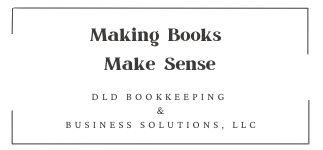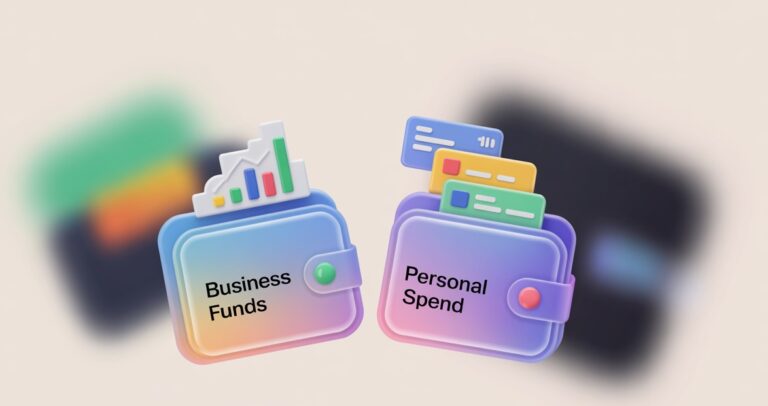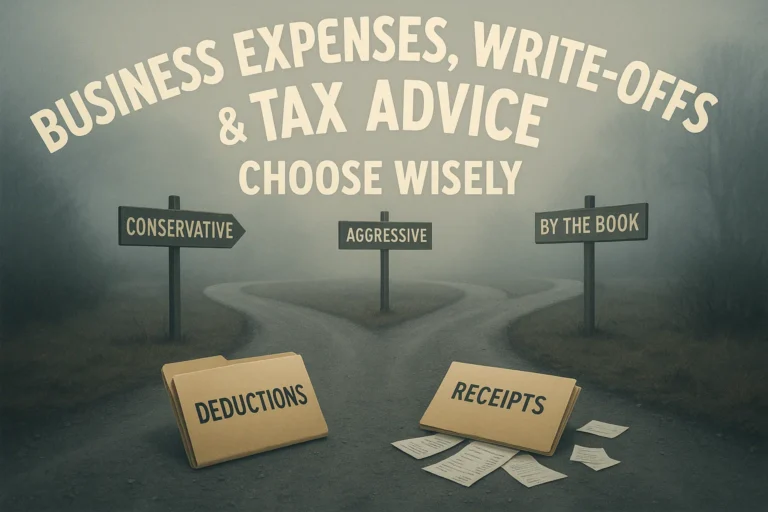Business Expense or Tax expense – what’s the Difference?
Business Expense vs. Tax Expense: What’s the Difference?
If you’re running a blog or small business, you’ve probably heard the terms business expense and tax expense a lot. They sound similar, but they’re not quite the same — and knowing the difference could save you a headache at tax time.
Let’s break it down.
Table of Contents
What Is a Business Expense?
A business expense is anything you spend money on to keep your business running. That could include:
- Website hosting
- Office supplies
- Marketing tools
Basically, if you wouldn’t have bought it unless you were running your business — it’s a business expense. It also needs to be used exclusively for business, but we will get into those details in another post.
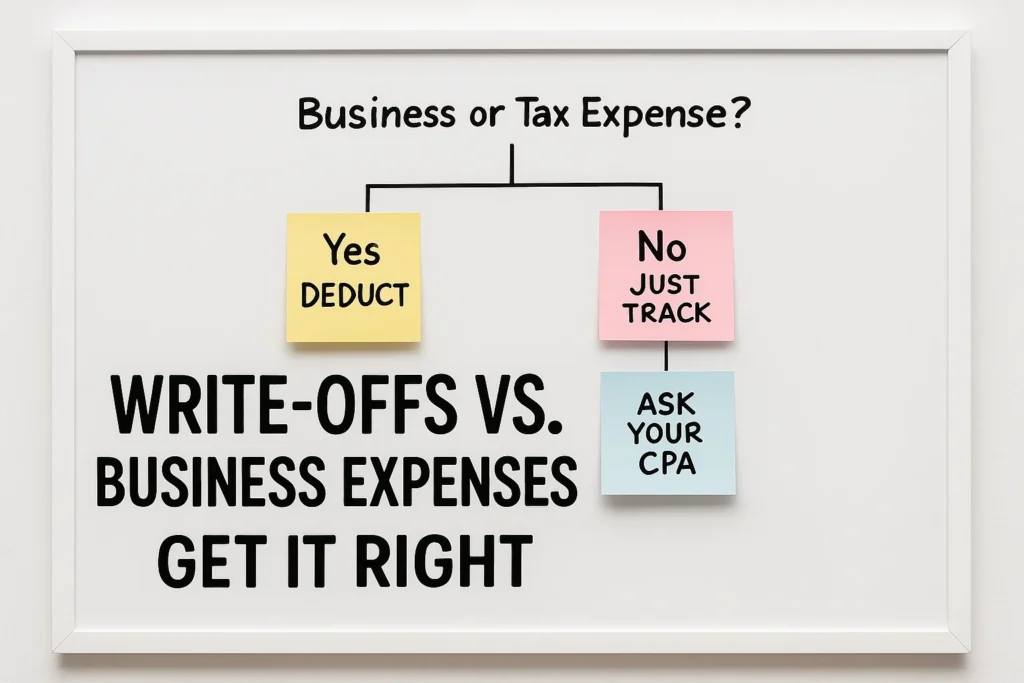
What Is a Tax Expense?
A tax expense usually refers to the taxes your business owes. Think of it like this:
- You make money from your blog
- You subtract your deductible business expenses
- Then you pay taxes on the net income
- That tax bill is your tax expense
So one is about running your business, and one is about what you pay to Uncle Sam.
Quick Comparison:
| Business Expense | Tax Expense | |
|---|---|---|
| Purpose | Keeps your business running | What you owe on business profits |
| Examples | Hosting, courses, supplies | Income tax, self-employment tax |
| Can it be deducted? | YES (lowers your taxable income) | NO (it’s the result of your income) |
Let’s not mix up tax expense with a tax-deductible expense. Many business expenses are tax deductible which means that they reduce your tax expense.
Why would a business expense not be tax-deductible?
There are a few types of business expenses that are not tax deductible. Things like entertainment – taking a client to a sporting event for example, is not tax deductible. So it will be in your books as a business expense but not deducted on your taxes.
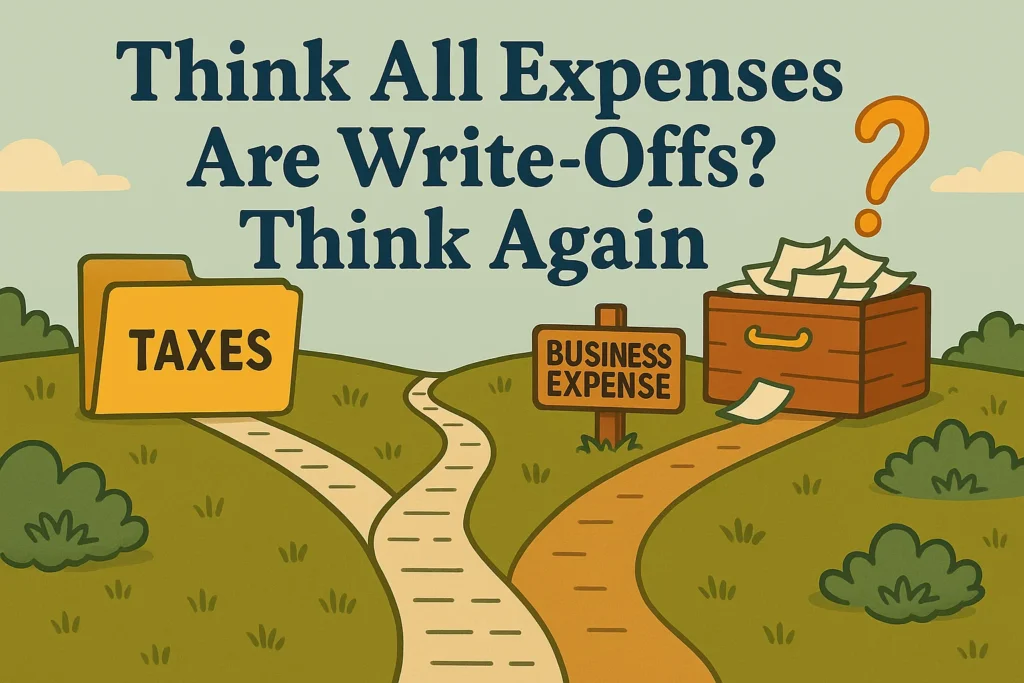
Why Do People Mix These Up?
Because taxes are confusing! A lot of small business and online business owners are doing this solo. It’s easy to assume that if you pay it for your business, it must be deductible. But nope — taxes themselves aren’t deductible (except in specific situations, which a tax pro can help with).
Real-Life Example:
Let’s say you make $10,000 from your blog this year.
- You spend $2,000 on business expenses (hosting, tools, etc.)
- That leaves $8,000 in taxable income
- You might owe, say, $1,000 in taxes
- That $1,000 is a tax expense, not a business expense
Keep It Simple: Track Everything
Use a tool like QuickBooks or a good spreadsheet to track all your spending. Label what’s a business expense. Then, when tax season rolls around, a bookkeeper or CPA can help sort it out.
Final Thoughts
The more organized you are now, the less you’ll panic later. Knowing what counts as a business expense vs. what’s just a cost of doing business (like taxes) helps you plan smarter — and maybe even keep more of what you earn.
Additional Resources
The IRS Small Business and Self-Employment Center is a great place to read up on what can be deducted. Yes, it’s a bit boring to read, but it’s the best place to get guidance. https://www.irs.gov/businesses/small-businesses-self-employed
Also check out my posts on How to Set Up a Simple Bookkeeping System — Even If You Hate Numbers and Think Tax Write-Offs Give You Money Back? Not Quite—Understanding the Difference Matters!
